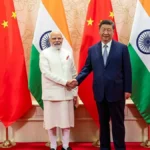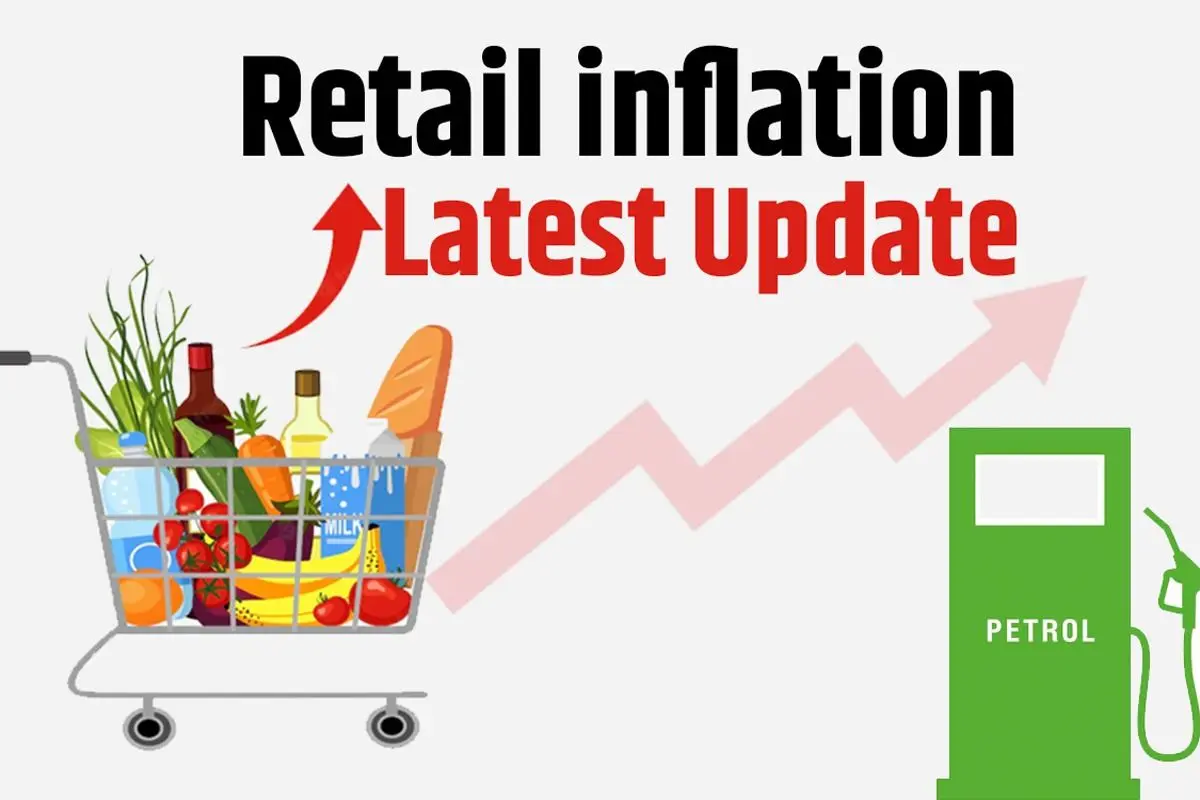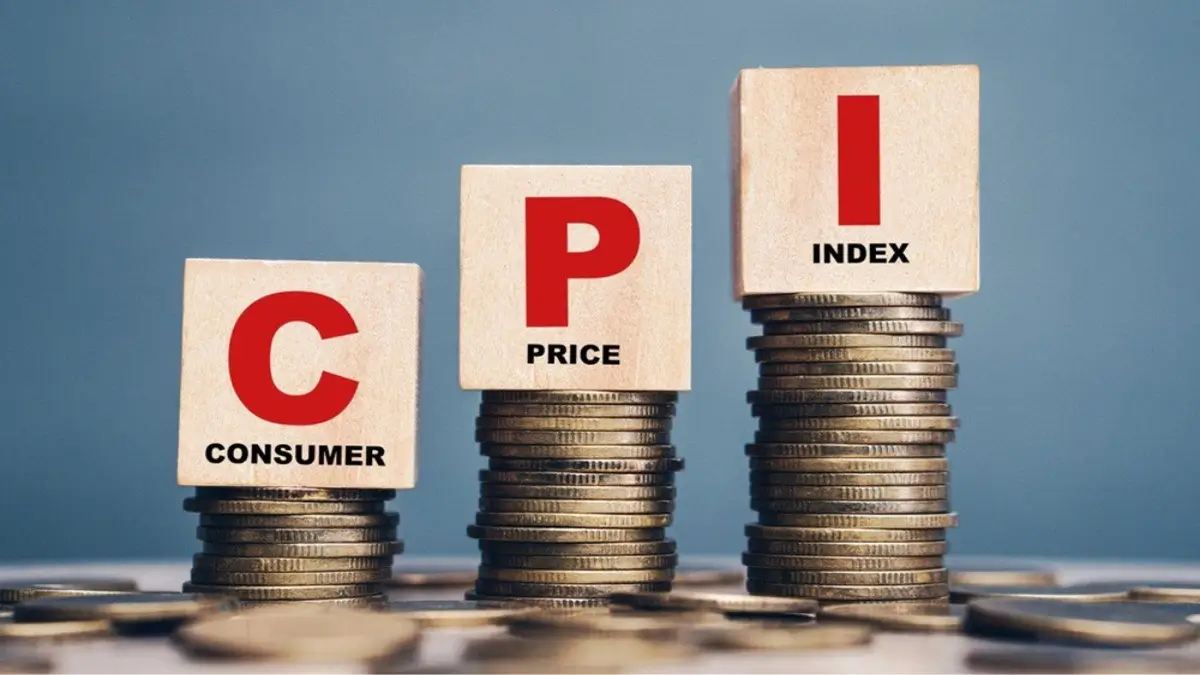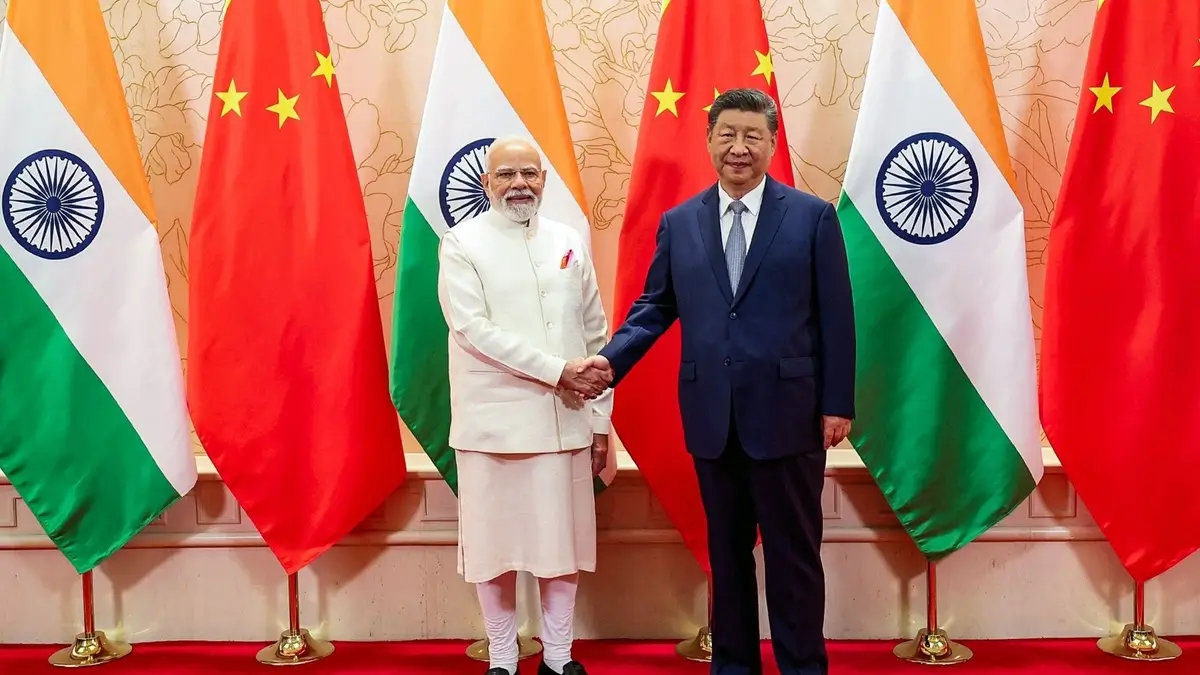India’s Retail Inflation Reaches 4-Month High at 5.69% in December
India’s economic landscape has witnessed a significant development as the retail inflation rate soared to a 4-month high, registering at 5.69% in December. This surge brings forth various implications for aspirants preparing for government exams, ranging from teachers to police officers, banking, railways, defense, and civil service positions like PSCS to IAS.

Why this News is Important:
1. Impact on Monetary Policy: The spike in retail inflation holds crucial importance for those eyeing positions in the banking sector. The Reserve Bank of India closely monitors inflation rates to formulate monetary policies. Aspirants should stay abreast of these economic indicators to understand potential changes in interest rates, affecting various banking exams.
2. Government Exam Relevance: For aspirants gearing up for civil service positions like PSCS to IAS, understanding economic indicators is paramount. The inflation rate directly influences fiscal policies, and knowledge of such trends is vital for tackling questions related to current affairs in these exams.
3. Economic Stability and Policymaking: Aspirants targeting roles in defense or police services must comprehend the economic stability of the nation. Inflation rates are indicative of the economic health, and understanding these figures provides a comprehensive view for potential leaders and policymakers.
Historical Context:
The current surge in retail inflation is part of a larger economic narrative. Over the past year, global events, supply chain disruptions, and fluctuating oil prices have contributed to economic volatility. Understanding this historical context provides aspirants with a holistic view, aiding in nuanced responses during interviews and written exams.
Key Takeaways from “India’s Retail Inflation Reaches 4-Month High at 5.69%”:
| Serial Number | Key Takeaway |
|---|---|
| 1 | Retail inflation in India reached 5.69% in December, a 4-month high. |
| 2 | This spike holds implications for monetary policy and interest rates. |
| 3 | Aspirants for civil services must be aware of economic indicators like inflation. |
| 4 | Economic stability is crucial for policymaking, affecting various government exams. |
| 5 | The historical context involves global events and supply chain disruptions contributing to economic volatility. |
Important FAQs for Students from this News
Q1: How does the retail inflation rate impact monetary policy?
A: The retail inflation rate is closely monitored by the Reserve Bank of India to make informed decisions on interest rates, influencing monetary policy.
Q2: How can knowledge of inflation rates benefit civil service aspirants?
A: Civil service aspirants must understand economic indicators like inflation, as it directly influences fiscal policies, a crucial aspect of their exams.
Q3: What implications does retail inflation have on railway recruitment policies?
A: Economic factors, including inflation rates, shape budget allocations and infrastructure development policies in the railways sector.
Q4: Why is economic stability important for those aspiring to join the defense or police services?
A: Economic stability is indicative of a nation’s overall health, impacting policymaking and leadership decisions in these sectors.
Q5: How does the historical context contribute to the understanding of the current retail inflation scenario?
A: Global events, supply chain disruptions, and fluctuating oil prices over the past year have contributed to the economic volatility witnessed, providing a historical backdrop to the current situation.
Some Important Current Affairs Links

















